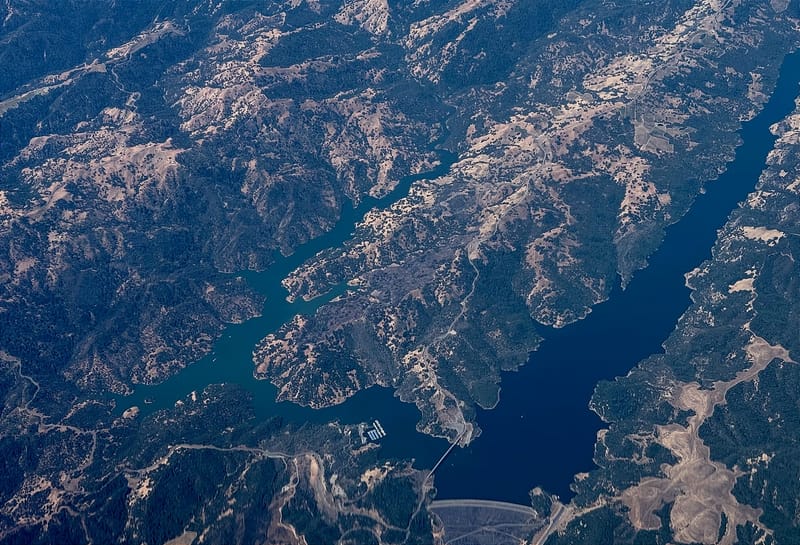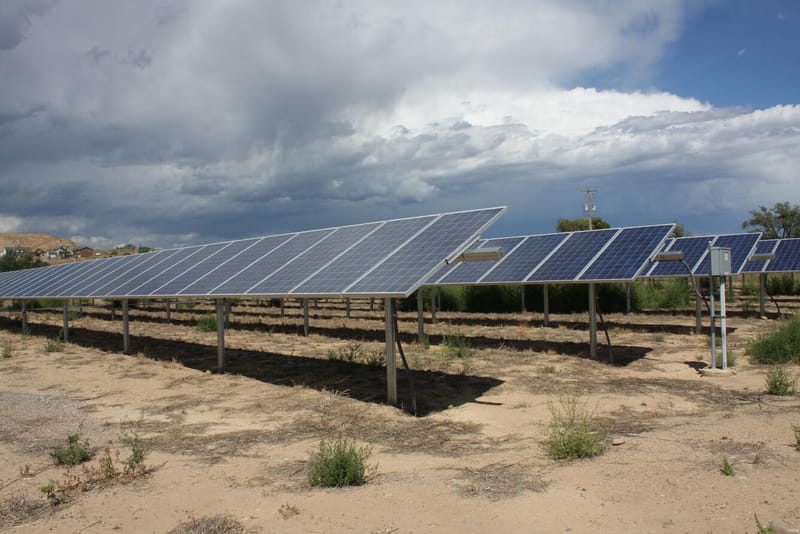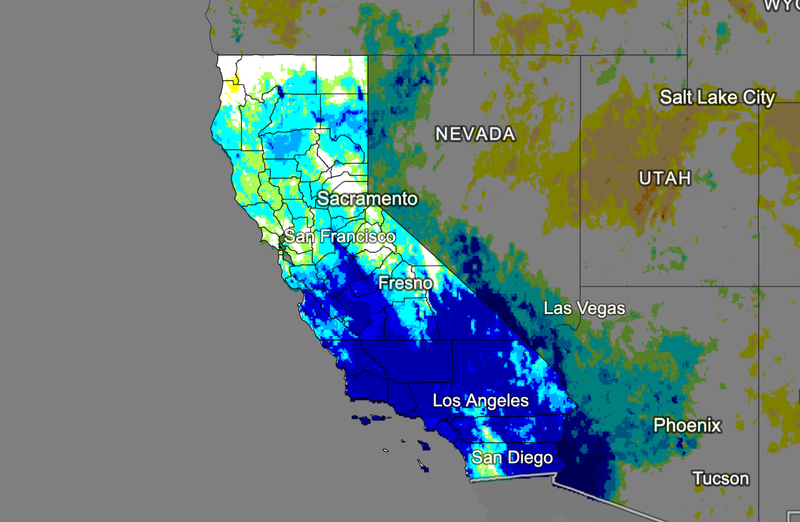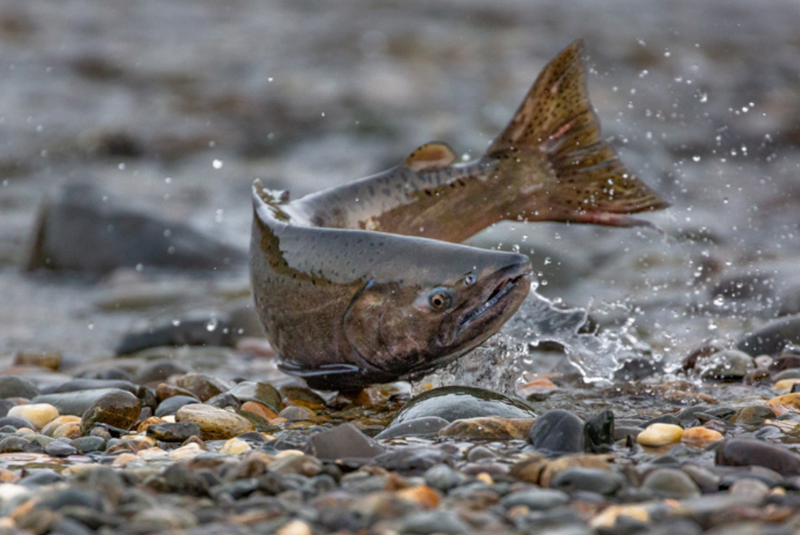Can you drink recycled water in California? Here’s what the law says
California's potable water reuse laws allow drinking recycled water, but strict regulations apply. Learn how the state ensures water safety, what’s legal, and how California compares to other states.

California is a leader in water conservation, but many residents wonder: can you drink recycled water in the state?
The short answer is yes, under specific conditions.
Providing safe, clean, and reliable drinking water is our top priority. We focus relentlessly on water quality and use testing equipment so sensitive that it can detect constituents as small as 1 part per trillion. That’s the equivalent of 1 inch over a span of 15 million miles. pic.twitter.com/LpejRsocFD
— California Water Service (@calwater) January 29, 2025
California allows potable water reuse, including treated municipal wastewater and rainwater collected onsite. However, strict regulations ensure public health and safety.
California’s Regulations on Drinking Recycled Water
The California Code of Regulations (Cal. Code Regs. tit. 24, § 5) outlines the rules for potable water reuse. Here’s what you need to know:
- Municipal Wastewater Reuse: Treated wastewater can be reused for potable purposes, but it must meet all Safe Drinking Water Act (SDWA) requirements.
- Rainwater Collection for Drinking: California allows potable rainwater catchment systems, but they must be properly treated and cannot be connected directly to a public or private water supply.
- Water Quality Standards: Rainwater used for drinking must meet strict purification levels, including:
- 99.9% removal of E. coli
- 99.99% removal of protozoan cysts and viruses
- Turbidity below 0.3 NTU
Who Oversees Potable Water Reuse?
The Authority Having Jurisdiction (AHJ), which includes local plumbing and building officials, determines compliance with regulations before a potable reuse system can be operational.
Can Homeowners Collect Rainwater for Drinking?
Yes, but with restrictions:
- ✔ The collection surface must be made of approved impervious materials.
- ✔ Rainwater tanks must be sealed to prevent contamination.
- ✔ Filters must meet NSF/ANSI Standard 53 for safe drinking water.
- ✔ Direct collection from parking lots, standing water, or surface runoff is prohibited.
How Does California Compare to Other States?
Many states do not have clear potable water reuse regulations. However, California is among the few that provide a structured approach to both municipal wastewater reuse and rainwater collection for drinking.
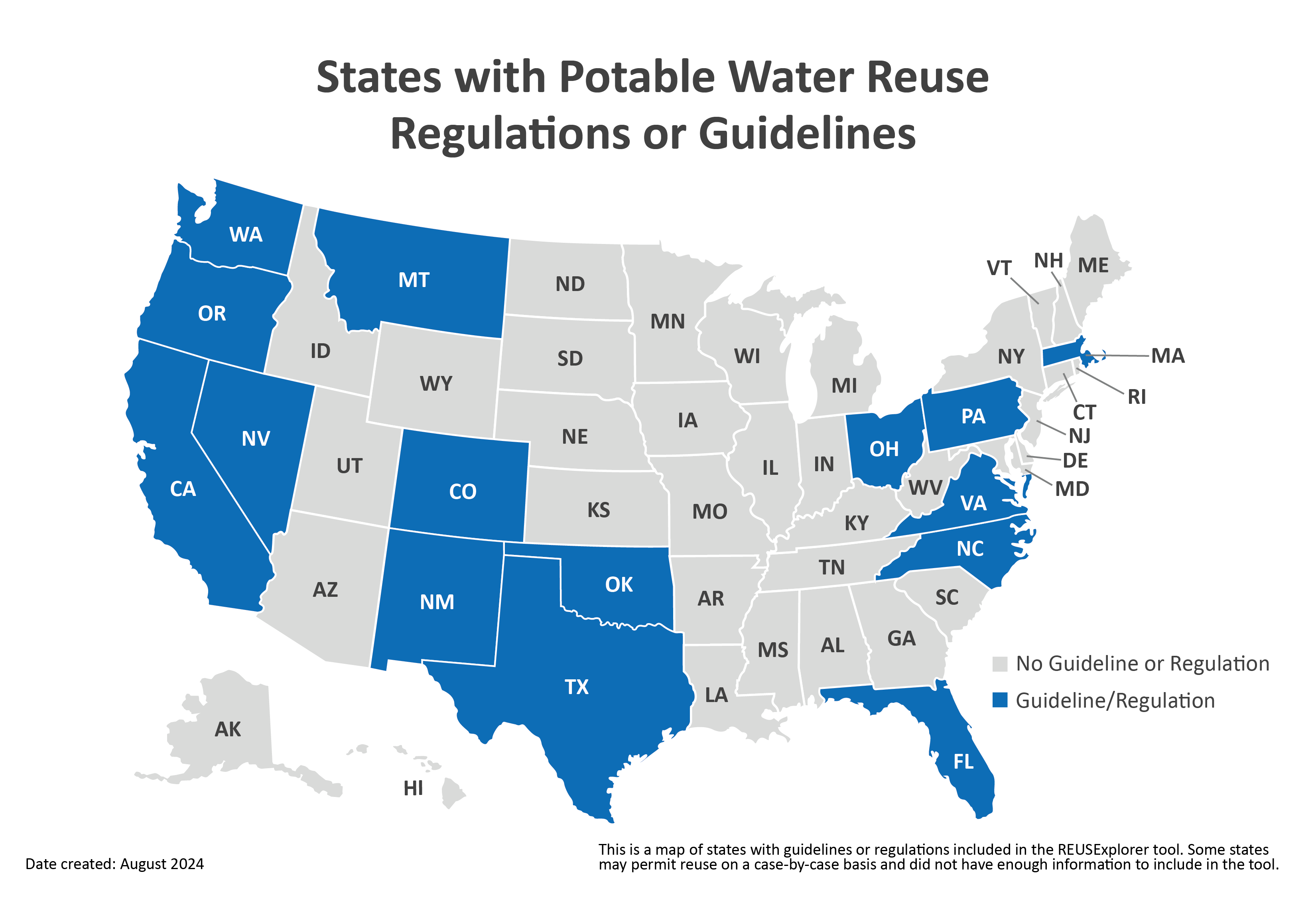
Final Thoughts: Is Drinking Recycled Water in California Safe?
If properly treated, recycled water in California is safe to drink. The state’s regulations ensure strict water quality controls, making potable water reuse a viable solution for sustainable water management.



